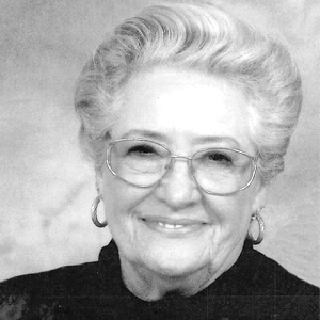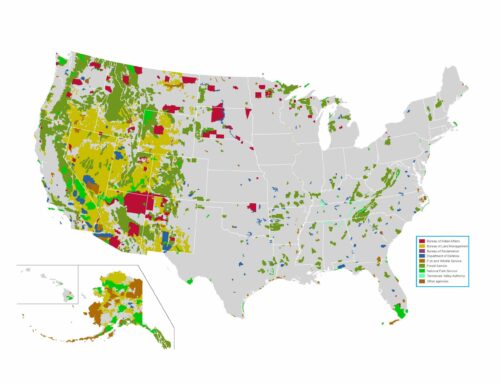by Greg Walcher, E&E Legal Senior Policy Fellow
As appearing in the Daily Sentinel
If you look up “work ethic” in a dictionary, you find “An ethical principle that places greatest value on hard work and diligence.” There should be a picture of Thelma Hays.
Thelma’s passing on April 11 at the age of 92 leaves a void in the economy, culture, history and way of life of western Colorado. She was universally admired, especially in De Beque, Cameo, Palisade, Clifton and Grand Junction, though she was known well beyond Colorado. In many ways it is the end of an era in Mesa County. I hope it’s not the end of common sense in local community and government agency relationships. But it might be.
Two decades ago, readers of this newspaper followed for several years the Bureau of Reclamation’s indefensible treatment of Thelma, and her patient common sense in dealing with unconscionable bureaucratic arrogance. The final result was the monstrous concrete and steel structure unnecessarily built right in the middle of her family’s historic orchard in De Beque Canyon. Designed as a fish screen to keep endangered fish from entering the government’s Highline Canal, it now spoils one of the great scenic vistas in the Rockies, a picturesque farmstead with the Southwest’s greatest river in the foreground and a backdrop of sheer canyon walls etched by eons of wind and rain.
Thelma had been told it could not be located upstream near the diversion, as other fish screens are usually built, nor downstream by the old power plant. It had to be right on her farm. The controversy reached from the Governor’s office in Denver to the top levels of the Interior Department in Washington, D.C.






